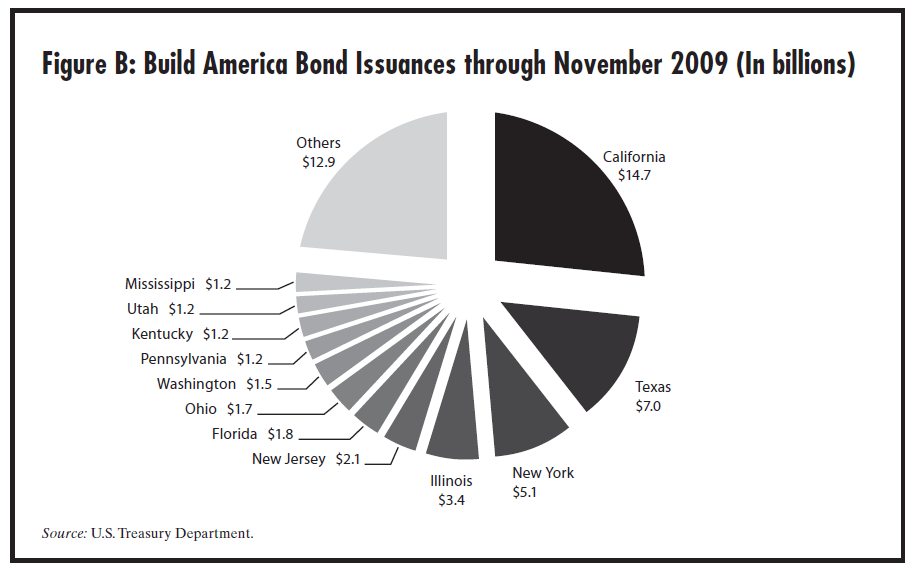Muni bond investors unaffected by proposed tax changes
Post on: 18 Июль, 2015 No Comment

2.5 million muni bond investors unaffected by proposed tax changes
In his budget for fiscal year 2013, President Obama has resurfaced his proposal from last September to reduce the tax exemption for the wealthiest municipal bond investors. This tax reform proposal is unlikely to pass this year, but a battle is already raging in the media about what damage the change could do. Dire predictions of much higher yields for municipal bond issuers are being thrown around with little or no verification.
Even if this proposal did pass this year, muniland would not be disrupted. In fact I think it could democratize the municipal bond market in a big way. There are more than 2.5 million investors who own municipal bonds and would be unaffected by the proposal. Its true that yields could rise a bit as the wealthiest investors exit the market, but this would just make muniland more attractive for the less affluent, since they would still be able to utilize their tax exemption. Rich investors would lose, but middle- and low-income municipal bond investors would gain.
Here are the specifics of the proposal from Market News International :
The administration is proposing to reduce the value of itemized deductions and other tax preferences to 28% for families with incomes over $250,000.
Currently, a millionaire who contributes to charity or deducts a dollar of mortgage interest, enjoys a deduction that is more than twice as generous as that for a middle-class family, the FY 2013 budget proposal reads.
The proposal would limit the tax rate at which high-income taxpayers can reduce their tax liability to a maximum of 28%, affecting only married taxpayers filing a joint return with income over $250,000 (at 2009 levels) and single taxpayers with income over $200,000, it continued.
Critics include the securities dealer trade group, SIFMA, whose representative, Michael Decker, was quoted by MNI:

They [municipal issuers] will still continue to issue some bonds, Decker said, it will be more expensive, so theyll have to issue less since their debt capacity is limited, ultimately reducing supply in the muni market.
Like all of fixed income, there is massive demand for municipal bond issues, and offerings are oversubscribed by multiples of the offering amount. So the predictions that the yield for new municipal offerings will skyrocket defy logic. If 920,000 households that earn more than $250,000 per year and own municipal bonds receive less of a tax advantage, there are still 2,500,000 households that wont be affected by the tax change. Those 2.5 million households at the bottom actually own more muni bonds than the top 920,000 households. And of course everyone forgets all the institutional demand that is wholly unaffected by this tax proposal.
Almost all the criticism of this proposal concentrates on how it affects the wealthiest investors and overlooks the fact that new investors could be attracted into muniland by higher yields. Muniland demand is not static, and removing some advantages for the wealthiest could benefit the less wealthy and other market participants.
Source of investor data: IRS. Statistics of Income Division, July 2011; Federal Reserve. 2009 Survey of Consumer Finance, Appendix Table 2A














